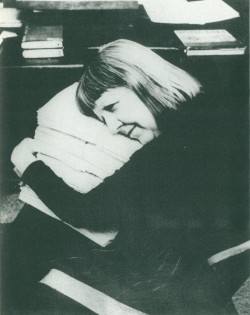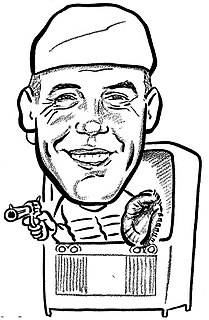A Quote by Jill Magid
I often use official documents or bureaucratic forms within my work. I find their structure and language style leaves a lot of room for poetry and my own interpretation.
Related Quotes
I try to teach my students style, but always as a part of life, not as ornament. Style has to come out of communicating coherent thought, not in sticking little flowers on speeches. Style and substance and a sense of life are the things literature is composed of. One must use one's own personality in relationship to life and language, of course, and everyone has such a relationship. Some people find it, some don't find it, but it's there.
I believe that we must use language. If it is used in a feminist perspective, with a feminist sensibility, language will find itself changed in a feminist manner. It will nonetheless be the language. You can't not use this universal instrument; you can't create an artificial language, in my opinion. But naturally, each writer must use it in his/her own way.































